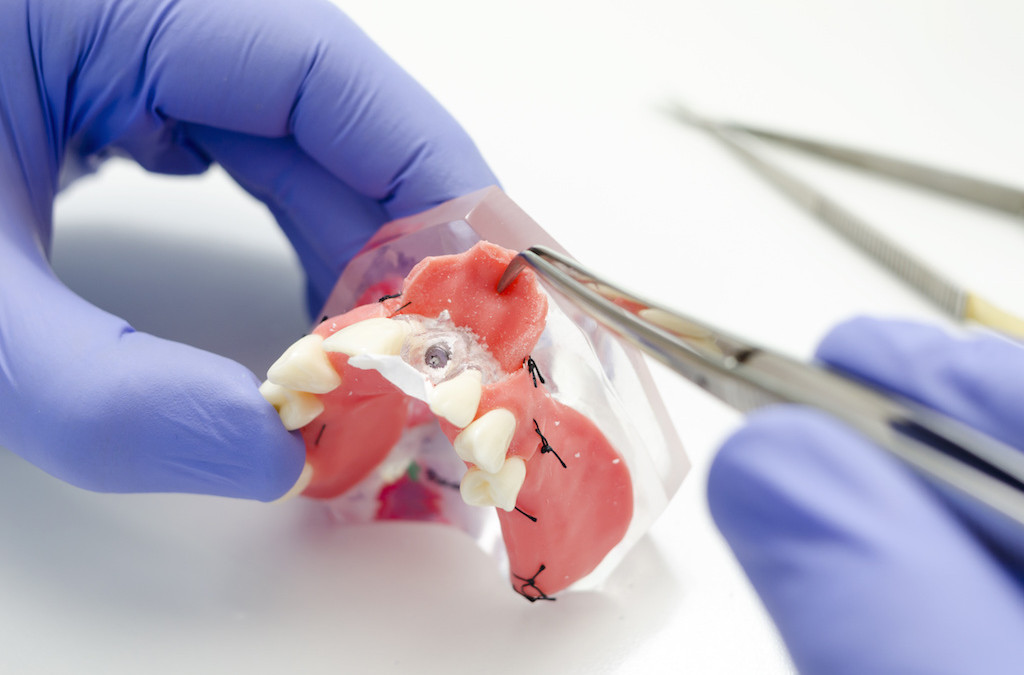Need step by step advice on how to make yourself a more competitive candidate for dental school?

Look no further!
Click Here NowLook No Further. Get Started Today.
20 Minutes Free Consultation
Getting a High Pre-dental GPA: Getting a high pre-dental GPA is not as challenging as it seems if you plan your courses appropriately. Whether you are an undergraduate or you have returned to school to pursue dentistry, consider planning your coursework early on. This means having a general idea of what courses you are going to take and when you are going to take each course. It is very important to be realistic in this process. Students sometimes get ambitious and take three or four challenging science courses in one quarter/semester, which can be overwhelming. We suggest you balance difficult courses with less challenging ones and take a combination of science and non-science courses together. Thinking about scientific concepts requires using a different part of your brain than thinking about the humanities. When you combine different types of courses, you are not just putting pressure on one part of your brain. We always encourage students to talk to upperclassmen and seek their advice about what combination of courses they recommend.
Having said that, you also want to demonstrate to dental schools that you can handle multiple challenging courses at the same time so taking too many easy courses at once is also a bad idea. You can start with a lighter load earlier in your education and gradually take heavier courses to the extent that you are comfortable. Remember it is best to have a high GPA with a balanced load as opposed to a low GPA with a heavy course load. When you are choosing a major for your undergraduate studies, make sure you choose a major which you absolutely love and you know you will do well in. Even though dental school admission committee know that some majors are easier than others, everything else being equal, a higher GPA in an easier major is favored over a lower GPA in a more difficult major.
Doing Well on the DAT: A good DAT score is another crucial aspect of a successful dental school application. The science sections of the DAT are covered in your pre-dental coursework, so if you do well in your science courses, you will have the knowledge base to succeed on the DAT. The reading comprehension section is more challenging because there is not a single class you can take to prepare for this section. Instead, this section requires you to read passages in a range of scientific and non-scientific fields, understand the concepts, and answer critical questions about these passages. Students who read often tend to do better on this section of the test. We encourage you to start preparing for this section early on by reading books and magazines. It is difficult to improve your reading skills in a few months, so if you need to improve on this section, you should get started early!
Most undergraduate students take the DAT during their junior year of college. It is wise to give yourself about 3 months of focused studying before you take the test. Many students choose to take a DAT preparatory course, where you can review the material, take practices tests, and learn strategies for answering DAT type questions. If you are taking the DAT during the school year, make sure you keep your courses lighter during the quarter/semester that you are preparing for the DAT. It is also common for students to take the DAT the summer between their junior and senior year of college while they are applying to dental school. If you plan to take this route, makes sure you are prepared for the test, you can perform well on the DAT, and you can submit your application in a timely fashion to ensure success.

